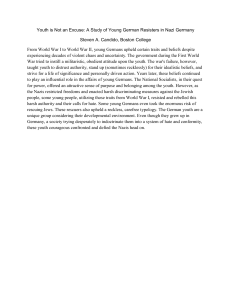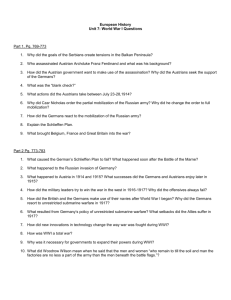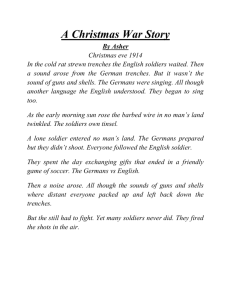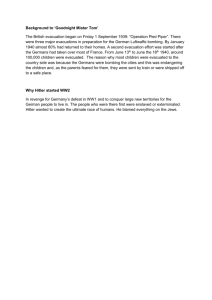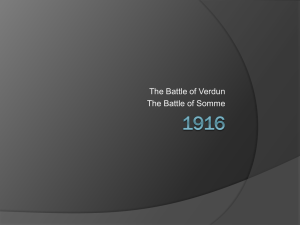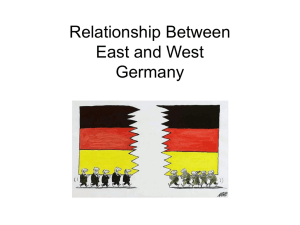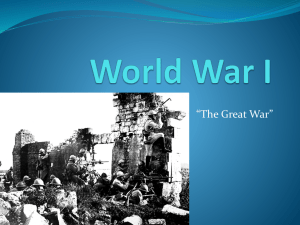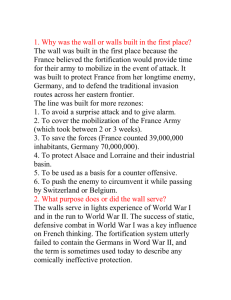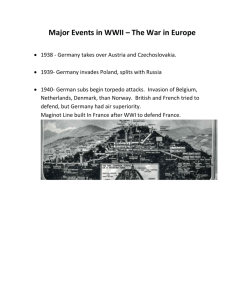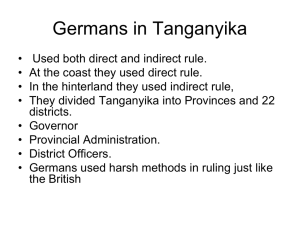Synopsis of Born Guilty talk
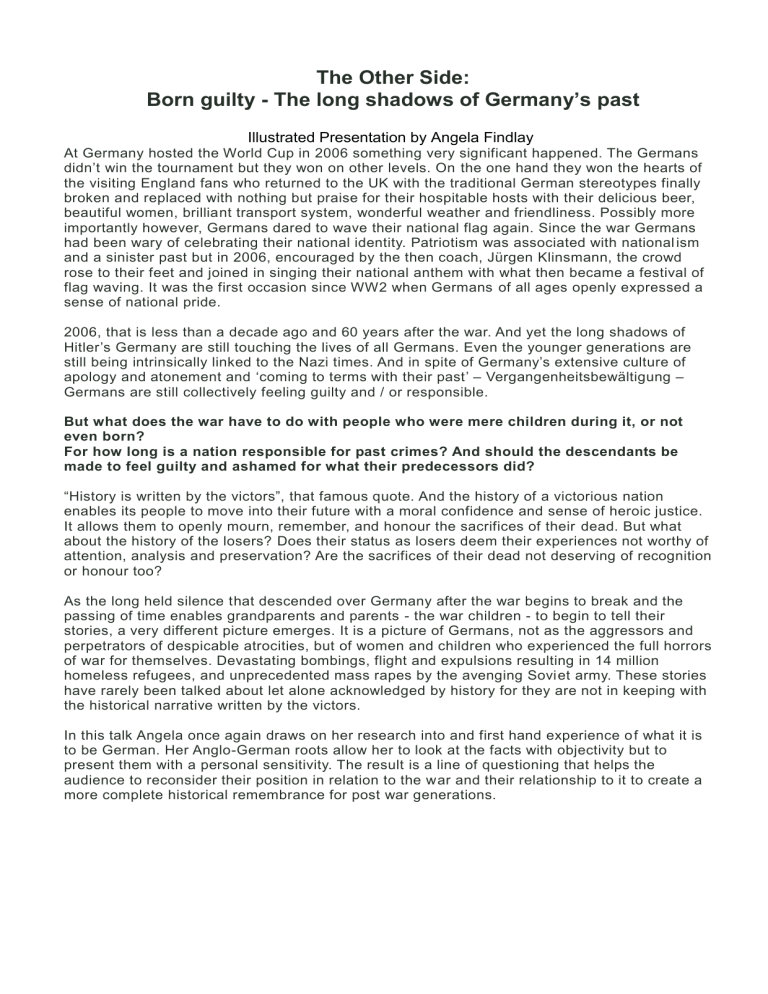
The Other Side:
Born guilty -
The long shadows of Germany’s past
Illustrated Presentation by Angela Findlay
At Germany hosted the World Cup in 2006 something very significant happened. The Germans didn’t win the tournament but they won on other levels. On the one hand they won the hearts of the visiting England fans who returned to the UK with the traditional German stereotypes finally broken and replaced with nothing but praise for their hospitable hosts with their delicious beer, beautiful women, brilliant transport system, wonderful weather and friendliness. Possibly more importantly however, Germans dared to wave their national flag again. Since the war Germans had been wary of celebrating their national identity. Patriotism was associated with national ism and a sinister past but in 2006, encouraged by the then coach, Jürgen Klinsmann, the crowd rose to their feet and joined in singing their national anthem with what then became a festival of flag waving. It was the first occasion since WW2 when Germans of all ages openly expressed a sense of national pride.
2006, that is less than a decade ago and 60 years after the war. And yet the long shadows of
Hitler’s Germany are still touching the lives of all Germans. Even the younger generations are still bein g intrinsically linked to the Nazi times. And in spite of Germany’s extensive culture of apology and atonement and ‘coming to terms with their past’ – Vergangenheitsbewältigung –
Germans are still collectively feeling guilty and / or responsible.
But what does the war have to do with people who were mere children during it, or not even born?
For how long is a nation responsible for past crimes? And should the descendants be made to feel guilty and ashamed for what their predecessors did?
“History is written by the victors”, that famous quote. And the history of a victorious nation enables its people to move into their future with a moral confidence and sense of heroic justice.
It allows them to openly mourn, remember, and honour the sacrifices of their dead. But what about the history of the losers? Does their status as losers deem their experiences not worthy of attention, analysis and preservation? Are the sacrifices of their dead not deserving of recognition or honour too?
As the long held silence that descended over Germany after the war begins to break and the passing of time enables grandparents and parents - the war children - to begin to tell their stories, a very different picture emerges. It is a picture of Germans, not as the aggressors and perpetrators of despicable atrocities, but of women and children who experienced the full horrors of war for themselves. Devastating bombings, flight and expulsions resulting in 14 million homeless refugees, and unprecedented mass rapes by the avenging Sovi et army. These stories have rarely been talked about let alone acknowledged by history for they are not in keeping with the historical narrative written by the victors.
In this talk Angela once again draws on her research into and first hand experience o f what it is to be German. Her Anglo-German roots allow her to look at the facts with objectivity but to present them with a personal sensitivity. The result is a line of questioning that helps the audience to reconsider their position in relation to the war and their relationship to it to create a more complete historical remembrance for post war generations.

